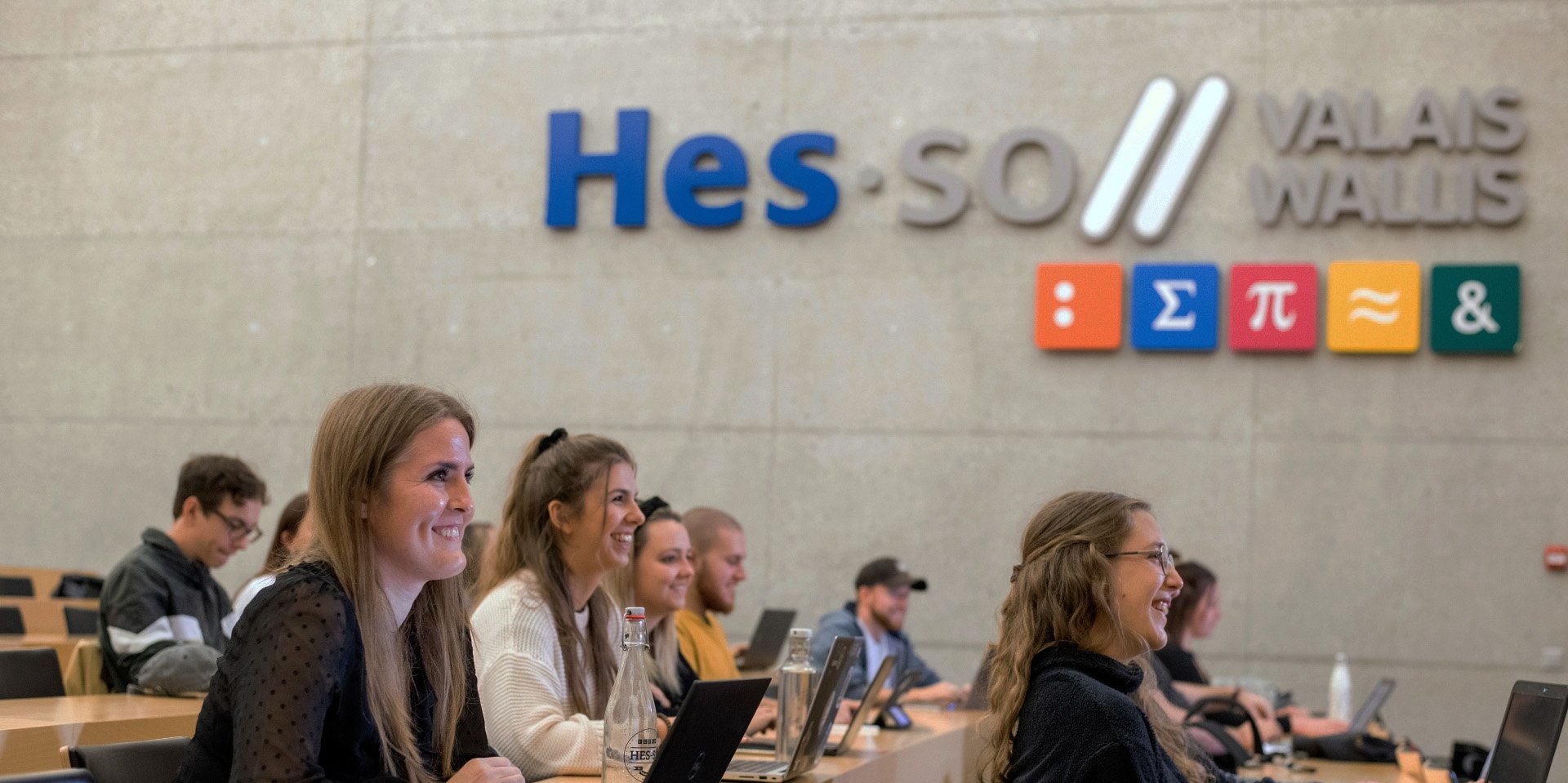
In recent years, the energy sector has witnessed spectacular technological advances and has generated considerable interest from both research and industry. However, although many innovations appear promising at first glance, their acceptance by customers and potential end users is not guaranteed.
Indeed, many technological solutions, however "smart" they may be, do not go beyond the project stage and fail as soon as they reach the market. These innovations are therefore undermined by users' fear of change, their lack of understanding of technologies, as well as by various political or legislative barriers. Poor communication between the various stakeholders can also constitute an additional obstacle to the implementation of a project. As a result, these barriers are often social and tend to be forgotten by innovators.
To solve these problems of social acceptance, many working methodologies exist: integration of stakeholders in the development process (Quadruple Helix Model), analysis of the brakes/motivations of stakeholders (Pain/Gain model), analysis of stakeholders' influences (power/interest matrix), involvement of stakeholders in the development of solutions (co-creation workshops), bottom-up process (crowd innovation), field surveys (ethnography), etc. In order to gain efficiency, these methodologies and tools can be used in a favourable environment: the Living Lab.
A Living Lab is a vivid and evolutive laboratory, a physical and virtual platform for exchange in a given environment, in which users actively participate in the development of innovative products and services (co-creation).
The Energy Living Lab, initially a pilot project of the HES-SO, aims to bring together public institutions, companies, the academy and users in order to imagine and co-develop new viable energy solutions. The aim of the Energy Living Lab is therefore to empower energy users (citizens, employees of private companies, members of the users' association, etc.) and to integrate them into the innovation process, motivating them to participate, encouraging bottom-up dialogue and turning ideas into sustainable business products or services.
Following its debut in 2013, the Energy Living Lab was able to join the European Living Labs network (www.enoll.org) and launch various projects in French-speaking Switzerland:
Contact person: Joëlle Mastelic, joelle.mastelic@hevs.ch
Subscribe to our newsletter by clicking here: I subscribe !